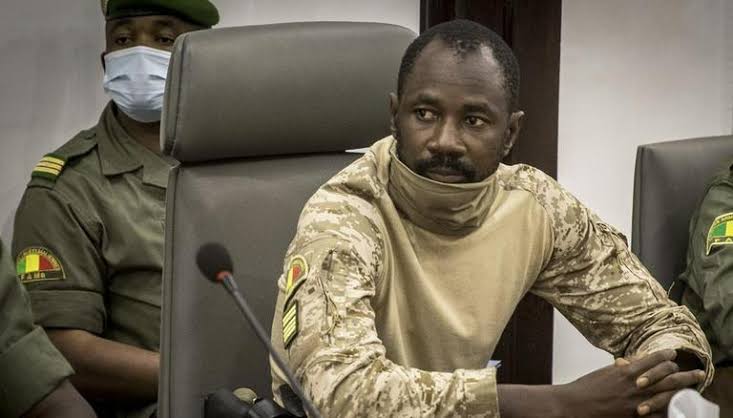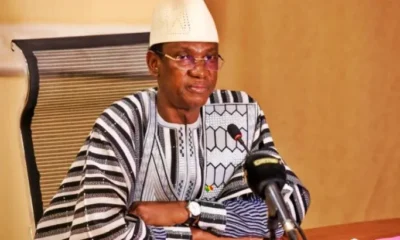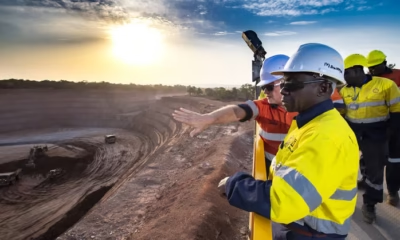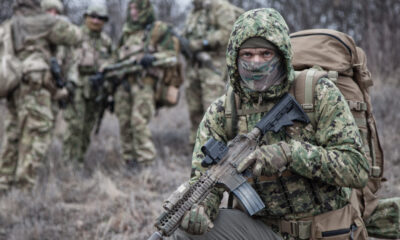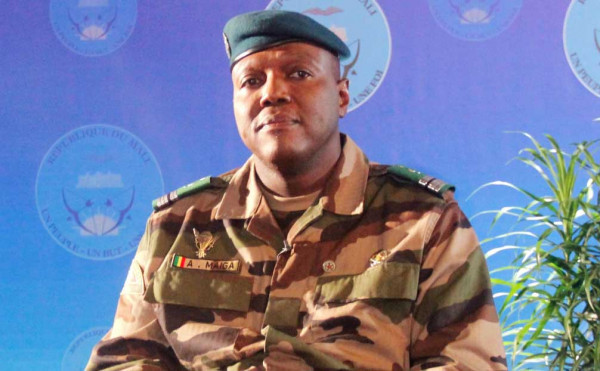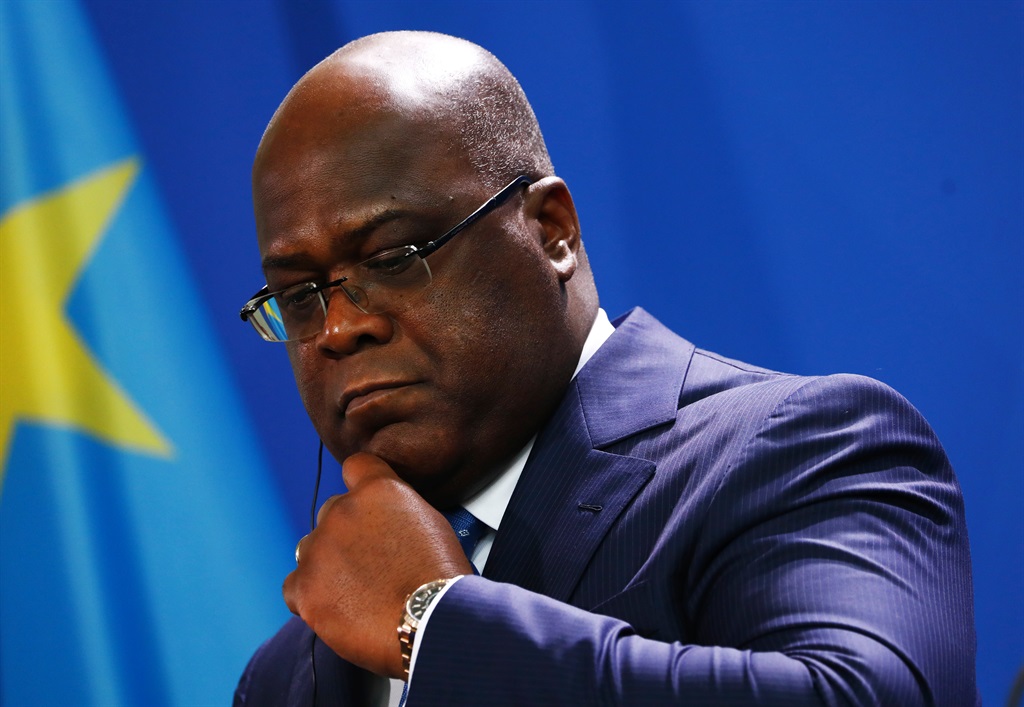Leader of the Malian military junta, Col. Assimi Goita, has signed a new law which will pave the way for elections in 2024 and a return of the West African country to constitutional rule.
Col. Goita who has been president of the transitional government since seizing power in a coup two years ago, signed the law on Friday which will create a single election management body to replace a disputed three-party system.
The new law would also allow Goita and other military members of the transitional government eligible to run for elective positions in the next presidential election.
The law is seen as a step in the right direction after the West Africa regional bloc, the Economic Community of West Africa States (ECOWAS), imposed stiff sanctions on Mali earlier this year after the military rulers refused to organise elections in February as planned.
Mali and the 15-member ECOWAS have also been at logger heads over the coup leaders’ proposed five year timeline to elections, before proposing a two-year timeline, which ECOWAS deemed was too long.
The interim military government had, onJune 6, issued a decree fixing the two-year timetable, to be counted from March 2022, while negotiations with ECOWAS were still ongoing.
The law which gives room for Col. Goita to contest in the Mali election sounds like a deja vu situation too familiar with military coup leaders on the African continent, many of whom, over the years, transformed into civilian leaders, comfortably shedding their khaki uniforms for a civilian garb depending on the country’s national and traditional wear.
Goita does not lack inspiration as several examples abound from the length and breadth of Africa where the leaders ride into power on the barrels of guns but end up transforming into civilian presidents.
Africa will not forget the likes of Muamar Gaddafi in Libya, Thomas Sankara in Burkina Faso, Idi Amin Dada and Yoweri Museveni in
Uganda, Paul Kagame in Rwanda,
Hosni Mubarak and Mohamed Hussein Tantawi in Egypt, Teodoro Obiang Nguema Mbasogo in Equatorial Guinea, Yahya Jammeh in The Gambia.
Others in the distinguished list include Jerry Rawlings in Ghana, Omar al-Bashir in Sudan, Gnassingbé Eyadéma in Togo, Mobutu Sese Seko in Zaire, and a host of other African leaders who went from military head of states to civilian presidents.

 Metro1 day ago
Metro1 day ago
 Musings From Abroad1 day ago
Musings From Abroad1 day ago
 Metro1 day ago
Metro1 day ago
 Sports1 day ago
Sports1 day ago
